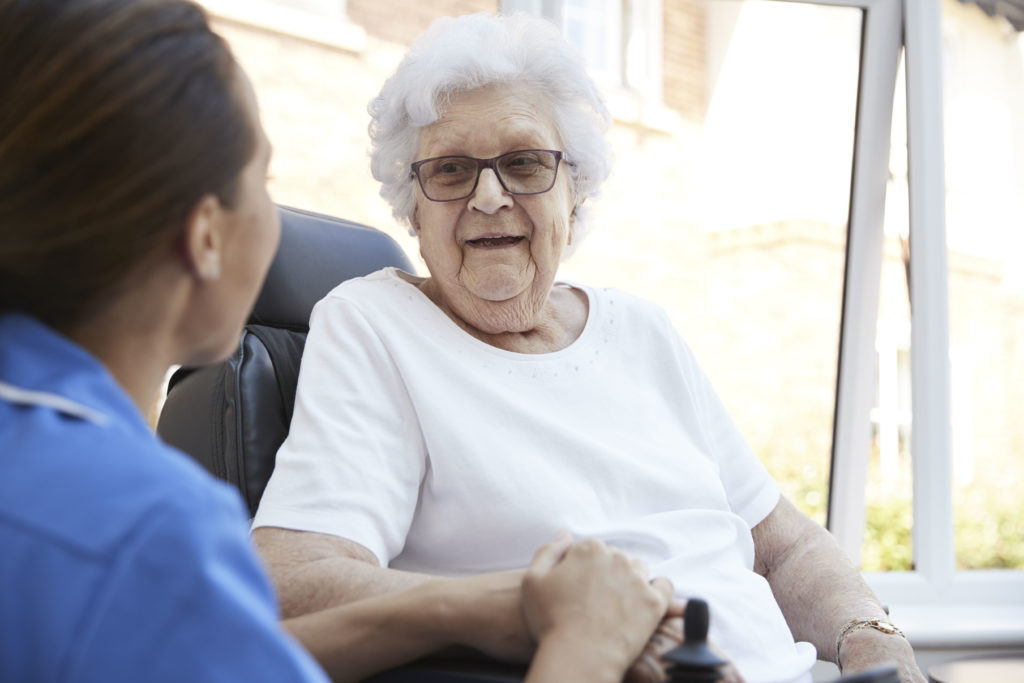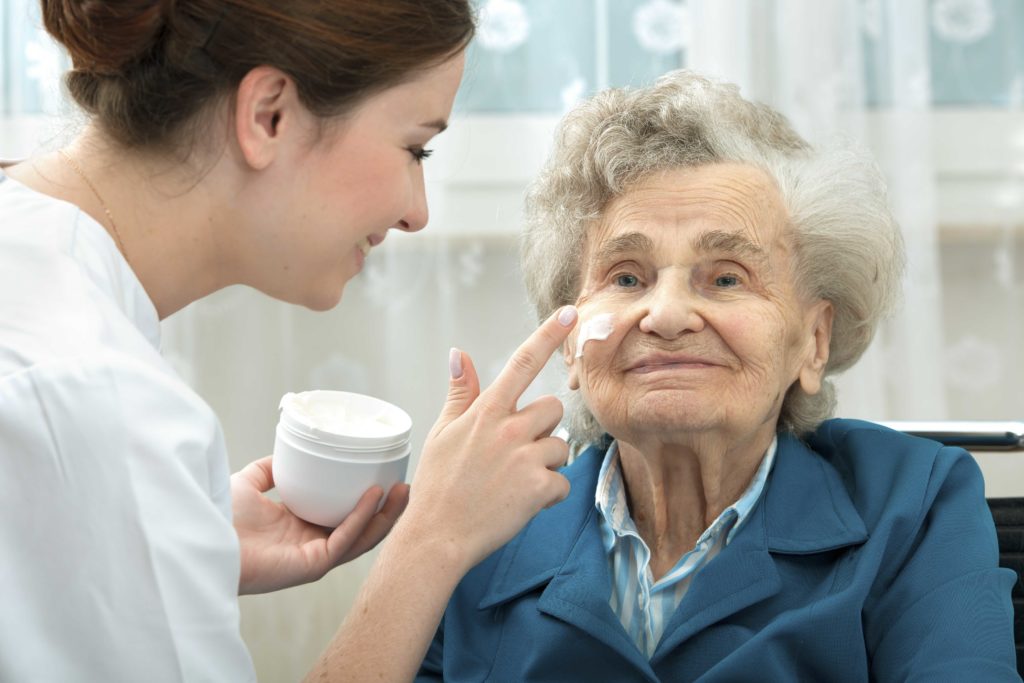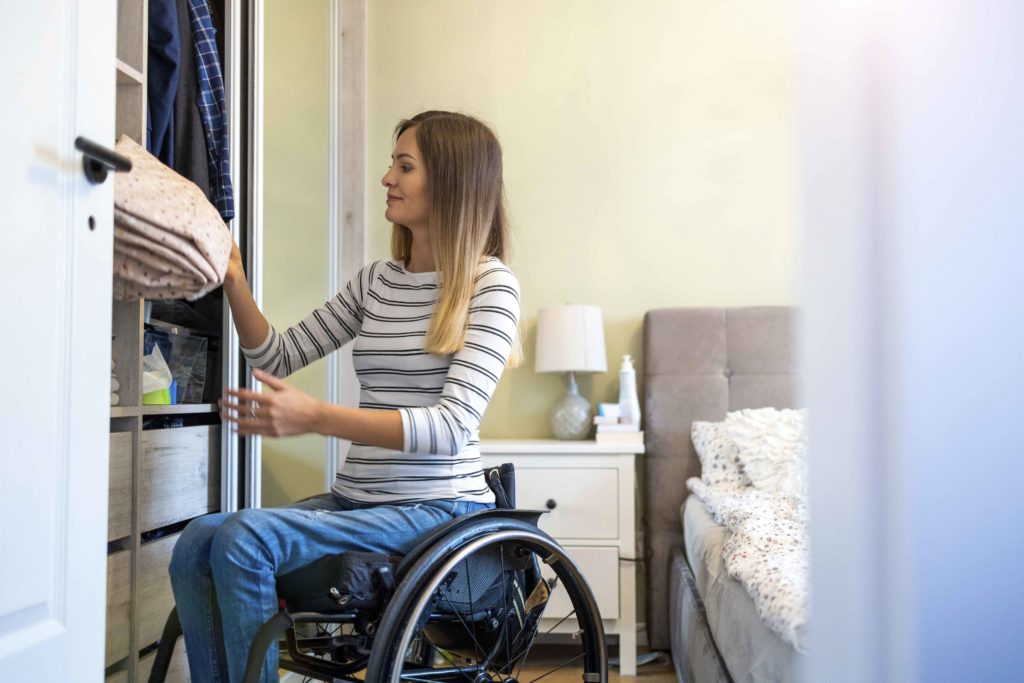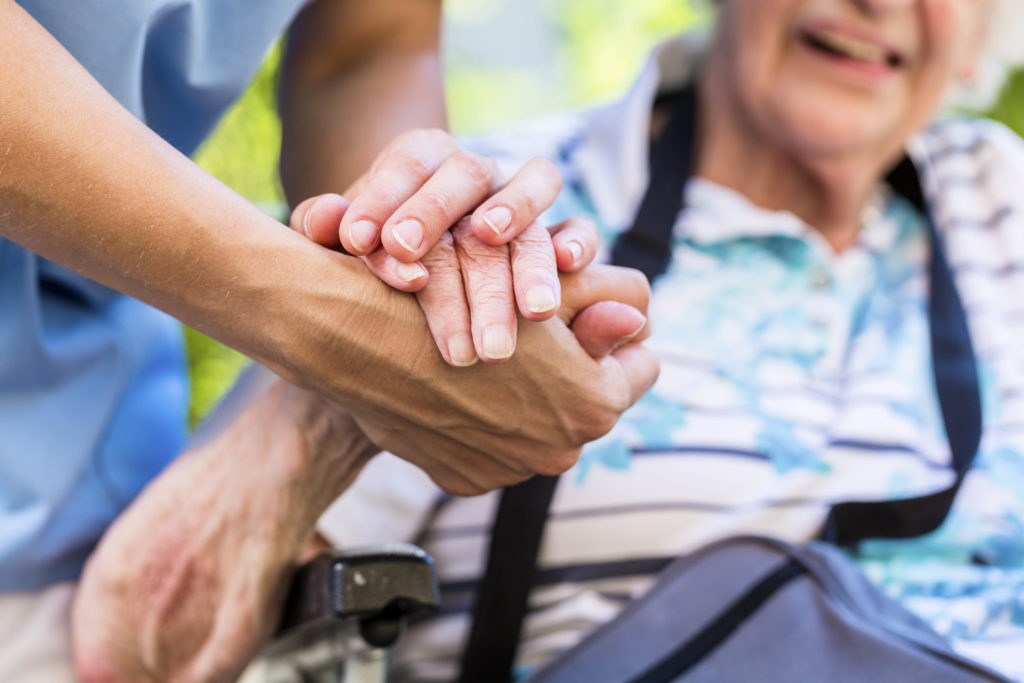Home Care
At Carers at Home we recognise that everyone is unique. We adopt a person-centered approach, with every client receiving an individual care plan tailored to their specific needs
Our Services
We offer a range of home care services to meet your needs
Our in-house training programme ensures that the care worker we assign to you has the highest level of training to meet your individual needs.
We can also arrange more than one type of care when needed.

Dementia care
The most common are: Alzheimer’s disease, vascular dementia, dementia with Lewy bodies and frontotemporal dementia. Some people may have a combination of dementia types commonly called ‘mixed dementia’.
The number of people affected in the UK is fast approaching 1 million. The symptoms of dementia vary but some common ones are
• difficulty remembering recent events while having a good memory for past events
• poor concentration
• difficulty recognising people or objects
• poor organisation skills
• confusion
• disorientation
• slow, muddled or repetitive speech
• withdrawal from family and friends
• problems with decision making, problem solving, planning and sequencing tasks
The first step towards a diagnosis for dementia is to seek advice from your GP.
Once a formal diagnosis has been given we are able to offer you the support you need to remain in your home for as long as possible. Our services include:-
• Shopping
• Cooking meals
• Assistance with personal care
• Light domestic duties
• Companionship
• Medication support
• Food / hydration monitoring

Reablement care
Reablement care is usually provided for a period of 4 to 6 weeks. During this time our care workers will undertake all of the tasks necessary to enable the client to stay safely in their own home. Some of the tasks that we can undertake are
• Getting up / going to bed
• Safely moving around your home
• Shopping
• Cooking meals and assistance with feeding
• Assistance with personal care
• Light domestic duties
• Companionship
• Medication support

Personal care
Personal care is supporting an individual that requires a level of assistance with both their personal and private hygiene. This includes toileting, along with dressing and maintaining their personal appearance.
We believe the most important aspect of personal care is ensuring that the client maintains their dignity at all times. We will always ensure that the gender of the care worker providing this care is the clients choice.
Personal care covers many different areas including:-
• Bathing and showering, including bed-baths
• Applying lotions and creams as required
• Dressing and getting ready for bed
• Oral hygiene
• Shaving
• Helping a client with toileting, including using a commode
• Changing continence pads
• Cleaning intimate areas
• Support with moving position in bed, to assist in preventing bed sores

Physical disability care
We understand that your needs will vary depending on the severity of your disability. Our carers will assist you professionally yet discreetly, in a way that allows you to maintain your dignity.
The main purpose of care is to allow the client to maintain a daily routine. Example services include:-
- Assisting with personal care (see personal care section)
- Assisting clients with appointments, shopping etc outside of the home
- Preparation of meals
- Light domestic duties
- Companionship
- Medication support
- Food / hydration monitoring

End of life (palliative) care
End of life care is providing support to those that are in the final stages of their life. The idea behind end of life care is to make the last weeks as comfortable and dignified as possible.
We will always follow the wishes of the client and work alongside the family to make the time as peaceful as possible.
End of life can last anything from a few weeks up to around one year. The need for care is usually brought on due to illness such as deterioration of dementia, Cancer or other incurable illness.
Some of the service we provide during end of life or palliative care are;
• Assistance with medication, including pain relief
• Assistance with personal care (see personal care section)
• Shopping
• Cooking meals and assistance with feeding
• Light domestic duties
• Companionship
• Food / hydration monitoring

Sensory impairment care
The most common forms of sensory impairment involves the loss of sight and or hearing. Sensory impairment can lead to clients potentially becoming isolated and frustrated. This can lead to mental health conditions.
Our carers are trained in how to communicate with people with sensory impairments and to help them feel safe and secure in their environment.
Some of the services that we provide to clients with sensory impairments include
· Encouraging and/or taking clients for sight and hearing tests
· Ensuring that their home is safe from any hazards that the client may not be aware of
· Personal care
· Companionship
· Medication support
· Light domestic duties
· Preparation of meal
· Shopping
